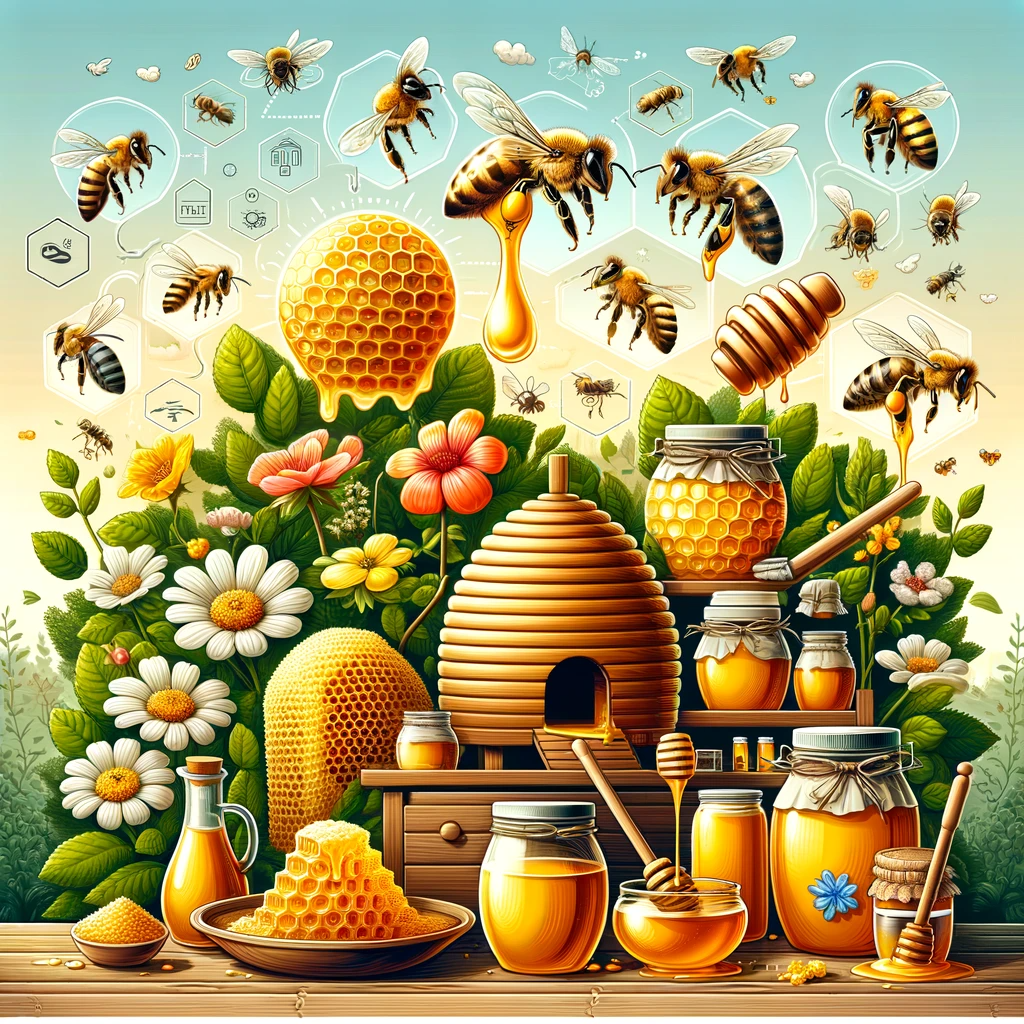Introduction:
Honey, often touted as nature’s sweet elixir, has been consumed for centuries for its potential health benefits. Beyond its delicious taste, honey has gained popularity in recent years as a potential remedy for allergies. In this article, we will explore the relationship between honey and allergies, specifically focusing on the role of local ingredients in alleviating allergy symptoms.
Honey and Allergies:
Honey, a natural sweetener produced by bees from flower nectar, has been used for its medicinal properties throughout history. Some proponents suggest that consuming local honey can help alleviate allergies. The theory behind this concept is that local honey contains small amounts of pollen from local plants, which may help build immunity against seasonal allergies.
Local Ingredients and Allergies:
- The Pollen Connection:
- Local honey is believed to contain trace amounts of pollen from local flowers and plants.
- Exposure to local pollen may help your body build tolerance to allergens over time.
- Seasonal Allergies:
- Local honey’s potential benefits are often associated with seasonal allergies, such as hay fever.
- Consuming local honey before allergy season may help mitigate symptoms.
- Natural Antioxidants:
- Honey is known for its antioxidant properties, which may help reduce inflammation associated with allergies.
- Local Ingredient Variety:
- The diversity of local flora in your region can contribute to a wide array of pollen types in local honey.
Studies and Evidence:
While the idea of using local honey to combat allergies is intriguing, it’s important to note that scientific evidence supporting this claim is limited and mixed. Some studies suggest that local honey may provide relief from mild allergy symptoms, while others show no significant impact.
Important Considerations:
- Honey Types: Different types of honey, such as raw, unfiltered, and pasteurized, may have varying levels of pollen and potential benefits.
- Individual Response: Allergies vary from person to person, and what works for one may not work for another.
- Consult a Professional: Before trying honey as an allergy remedy, consult with a healthcare provider, especially if you have severe allergies or are allergic to bee stings.
Conclusion:
In conclusion, the idea that local honey can help alleviate allergy symptoms is an intriguing concept with anecdotal support. While there may be potential benefits in consuming local ingredients, it’s important to approach this remedy with caution and consult a healthcare professional. Allergies are complex, and treatment options should be personalized to your specific needs.
Ultimately, local honey can be a delicious addition to your diet, but it should not be relied upon as the sole solution for allergies. To effectively manage allergies, consider a comprehensive approach, including medications, allergen avoidance, and advice from medical experts.
Remember, while honey is a sweet and natural treat, it’s essential to prioritize your health and safety when dealing with allergies.
